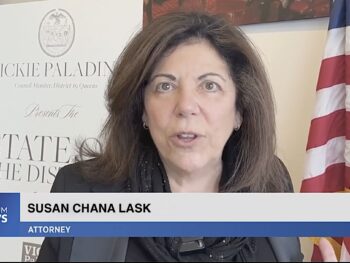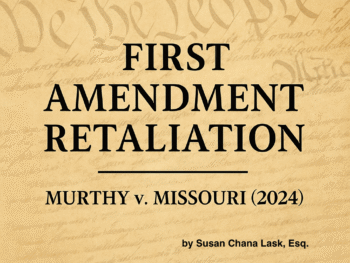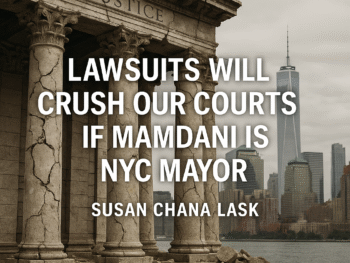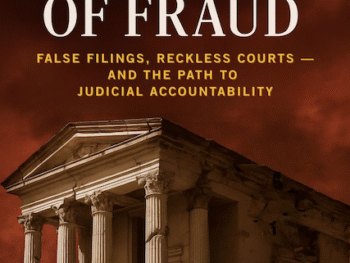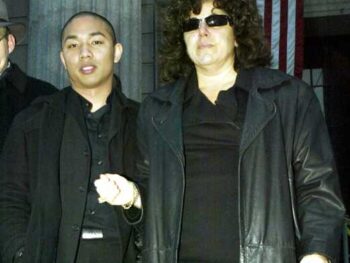Essex, Burlington jails liable for strip searches
By DAVID PORTER • Associated Press • February 12, 2009
NEWARK — A bureaucratic mix-up landed Albert Florence in the Burlington County Jail in 2005. Unable to convince police that he had paid the traffic fine he was now accused of ignoring, Florence was arrested and forced to submit to a strip search.
Several days later, he was transported to Essex County Correctional Facility, where he again had to strip naked, this time in front of several other arrestees and corrections officers.
Florence’s experience was one shared by thousands of people in the last several years, according to a class action lawsuit filed in 2005 against both counties. Last week, a federal judge in Camden ruled that such searches violate the Constitution, leaving both counties potentially liable for monetary damages that could reach into the millions, according to plaintiffs attorney Susan Chana Lask.
“Just because you’re arrested, your rights don’t stop at the prison door,” Lask said Wednesday.
J. Brooks DiDonato, an attorney representing the Board of Chosen Freeholders of Burlington County, said he planned to appeal the ruling to the 3rd U.S. Circuit Court of Appeals. Alan R. Ruddy, an attorney representing Essex County, did not return a phone message left by The Associated Press on Wednesday.
Lask argued that both jails performed strip searches on all offenders regardless of whether they had been arrested on an indictable offense such as murder or armed robbery or for a nonindictable offense such as a traffic violation.
“Thus, a hypothetical priest or minister arrested for allegedly skimming the Sunday collection would be subjected to the same degrading procedure as a gang member arrested on an allegation of drug charges,” Judge Joseph H. Rodriguez wrote.
Attorneys for the two counties countered by citing a 1979 case in which the U.S. Supreme Court ruled that strip searches of detainees who had just had contact with an outside visitor did not violate the Fourth Amendment even when the searches were conducted with “less than probable cause.”
Courts in New Jersey have ruled subsequently that strip searches can be conducted only if there is a reasonable suspicion that someone is hiding a weapon or contraband.
Florence, 33, called the ruling bittersweet. He can still recall being pulled from his car in front of his pregnant wife and their young son.
“We’ve been doing this for almost four years now,” he said. “I feel like if I had wronged somebody, the law would prosecute me fully and it would happen swiftly.”
Lask, who said she will seek a jury trial to determine damages for approximately 10,000 plaintiffs, said the case is the first in New Jersey in which a judge has ruled on a class action case involving strip searches.
In Sept. 2007, Camden County agreed in an out-of-court settlement to pay $7.5 million to people strip-searched at the county jail between 2003 and 2005.

